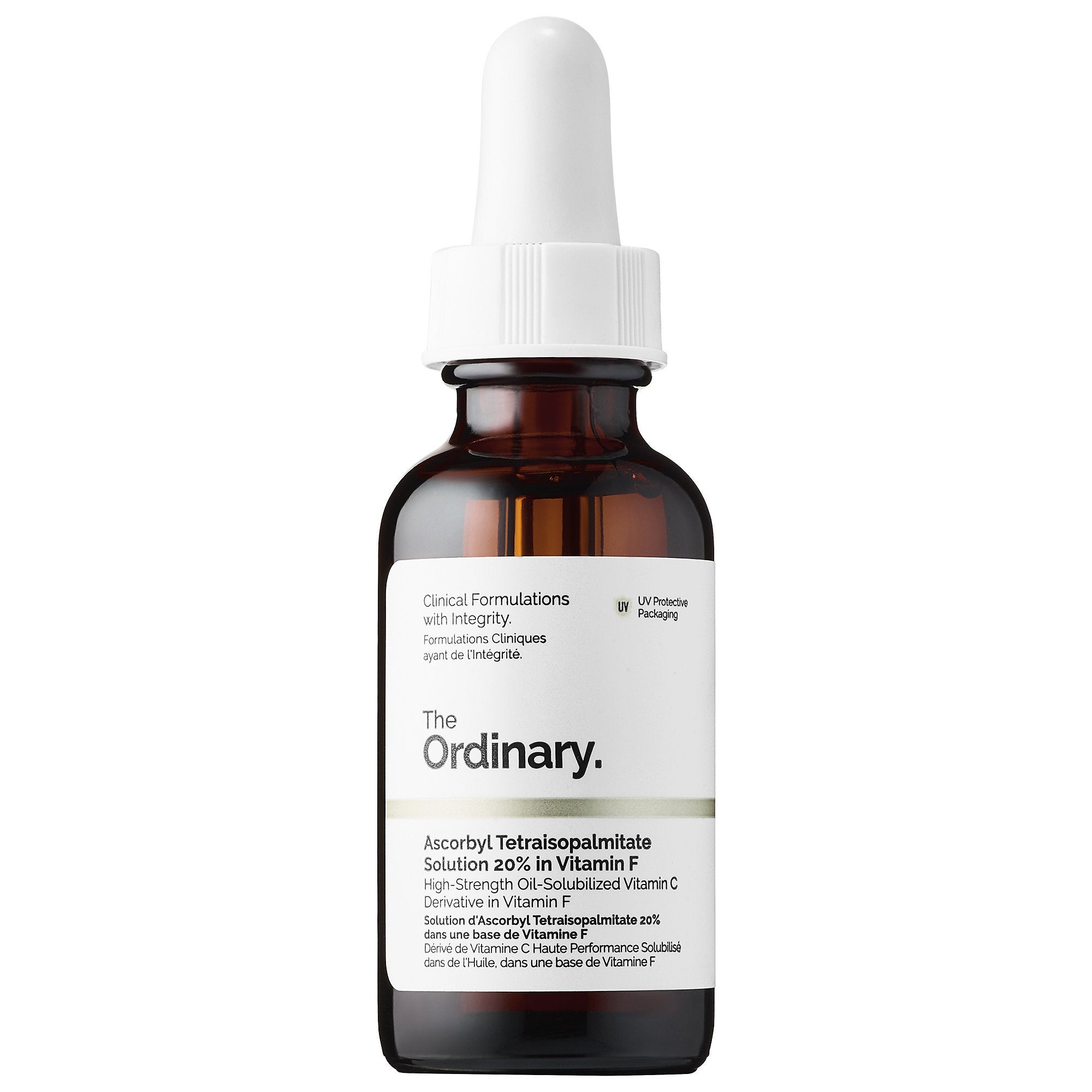Dear Daniela,
Is Q10 still useful? I feel like I used to hear a lot about the skincare ingredient in adverts for face creams but not so much anymore. What does Q10 do for skin? Are there better alternatives now, like vitamin C or retinol?
Lily, 29
While it’s true that the beauty industry loves a trend, or dare I say, a fad from time to time, there are some tried and true workhorses that never disappoint. In the six or so years I’ve worked full-time in beauty, I’ve seen the natural boom, the K-beauty buzz, the sheet mask craze, the peel-off mask hype and LED taking off, to name a few. Of course, some ingredients never fall out of favour – here’s looking at you, retinol. But on the whole, skincare can become a bit of an arms race for the ‘newest thing.’
AdvertisementADVERTISEMENT
Co-enzyme Q10 really enjoyed a boom in the late 90s and 00s. “Q-10, or to give it its full name, ubiquinone, is a naturally occurring antioxidant found within all cells in the body,” explained Dr Ewoma Ukeleghe, founder of SKNDOCTOR. “It plays a crucial role in energy production within these cells. It also naturally occurs in fish, shellfish, spinach and nuts. Like most substances in the skin, Q10 levels decrease with age.” Dr Ukeleghe noted that most skincare ingredients have a finite life cycle in the public imagination, and said that Q10 had most likely fallen out of favour for want of a newer ‘it’ ingredient.
That being said, it’s still very beneficial for the skin. The difference between plump, juicy, fresh skin and skin that looks a little worse for wear is often depletion of the skin’s essential building blocks; collagen, hyaluronic acid, ceramides and Q10, for example. The production of these youth-giving things that your skin naturally has tends to slope off with age, but pollution and oxidative stress can deplete these stores, too. “Women of all ages can benefit from using products that contain Q10," explained Dr Ukeleghe, "primarily to help replenish the levels of it in the top layers of our skin, but also to counteract the damage of free radicals caused by UV radiation and pollution." While there may be, as Dr Ukeleghe noted, research that indicates vitamin C is the gold standard antioxidant in comparison, Q10 is still a useful and reliable ingredient to have in your skincare cocktail alongside other pollution-defenders.
AdvertisementADVERTISEMENT
You can find Q10 in The Inkey List Q10 Serum, which you could easily blend with another antioxidant like The Ordinary Ascorbyl Tetraisopalmitate 20% in Vitamin F (read: it’s a vitamin C) for a purse-friendly, antioxidant one-two punch. Susanne Kaufmann Pollution Skin Defence System is far steeper in price, but the ‘course’ of vitamin C, ecotin and Q10 ampoules make a noticeable difference to the skin. You can also take oral supplements – whatever works best for you.
Good luck!
Daniela
Got a question for our resident beauty columnist Daniela Morosini? No problem, qualm or dilemma is too big, small or niche. Email deardaniela@refinery29.uk, including your name and age for a chance to have your question answered. All letters to 'Dear Daniela' become the property of Refinery29 and will be edited for length, clarity, and grammatical correctness.
AdvertisementADVERTISEMENT









